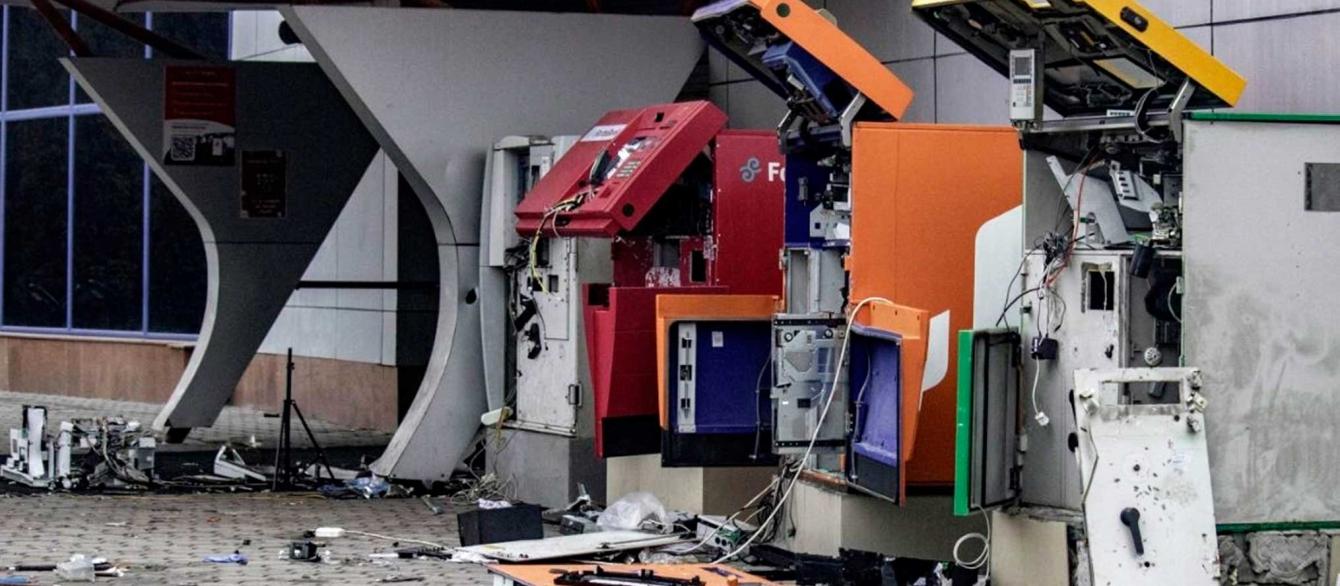On January 5, the Kazakh government shut down the internet an attempt to control mass protests. Since then, the government has granted only sporadic access to most regions while continuing to cut off the country’s largest city, Almaty. The government’s monopoly on telecommunications infrastructure makes this extreme measure possible.
Arsen Aubakirov, the coordinator of the Expert Group for Digital Rights of the Legal Policy Research Center in Kazakhstan, explained that protesters circumvented initial social media blockages with a simple VPN, but there is no way to get around total internet blackouts. Even though he is in the Kazakh capital, Nur-Sultan, which has not experienced the severe blockages Almaty has, our connection was severed for over 48 hours from January 6 to January 8.
Like many authoritarian countries, Kazakhstan’s regime relies on a simple social contract: stay out of politics, and we will underwrite all the benefits of a global economy. The protests were sparked by increased gas prices, seen by some as a violation of that contract. Shutting down the internet is an even greater affront to the Kazakh people.
Read More
The full text of this article is available via The Diplomat.






